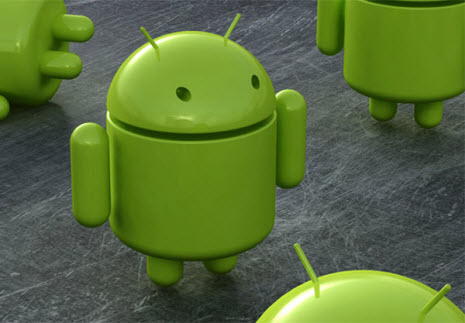No Android forks here


Let's take a closer look at these so-called "forks" shall we? From what we know of the forthcoming Android Kindle tablet, it's going to be running Android. I expect it to be running Android 3.x Honeycomb, but since the initial model will be a 7" display tablet it could run say Android 2.3.3 or 2.3.4.
Let me underline that, the Amazon Kindle, despite what you may read elsewhere, is going to be running Android. The interface, however, will be different from the ones we currently see on other Android smartphones and tablets. Specifically, it's going to be designed to work well with Amazon's Web site and Amazon-branded applications.
That doesn't make it a fork. Indeed, that's no more a "fork" of Android than using KDE 4.x, GNOME 3, or Unity as your desktop GUI forks Linux. You're simply choosing to use a different desktop. Under the surface, it's still Linux.
Perhaps an even better, and more accurate, comparison of what Amazon will be doing is how Fedora defaults to GNOME 3, openSUSE to KDE 4, and Ubuntu to Unity for their desktops. Yes, they look completely different to a layman, but under the surface, which is where it counts in operating systems, they're look and act the same.
Look at this way: There's no question that a Mercedes-Benz E-Class is a great luxury car and, most people would say that a Toyota Corolla is a fine economy car. Are they the same? No, but they both run on gas, have four-wheels, can you get from home to the office, etc., etc. So, are they both examples of cars? Yes, yes they are. It's the same with these new Android tablets.
Look at the new Baidu tablet. Its interface won't look like the Kindle tablet, a Galaxy Tab 10.1, or my Barnes & Nobles Nook Color, but under the fancy paint job and in the hand it's just another Android tablet.
In the case of Amazon, it's more than just a look though. Amazon is also going to be directing you to its own app. store instead of Google's default Android App Market and will include some of its own applications. But, once more there's nothing new here. My Verizon Droid 2 phone, for example, came with Verizon and Motorola specific applications--most of which I might add I could live without--but simply having customized apps doesn't turn the Android 2.3.3 it's running into an Android fork.
So, yes, there are too many versions of Android running around. But, neither Amazon nor Baidu are forking Android. They're just customizing its front-end and adding some goodies to make it more attractive to their customers. There's nothing remotely new about that. It's just business as usual.
That said, if Amazon or Baidu make a really pretty interface with lots of neat toys and-this is the important one would-be tablet billionaires-sell it for an affordable price well below that of the Apple iPad, then they'll have a best-selling tablet on their hands regardless of operating system details.
Related Stories:
Android: Another fork in the code by Baidu
Details leak about Amazon Kindle Tablet